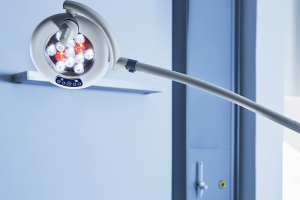Seca Class III vs IIII which approval class do I need?

The endorsement class of a medical scale furnishes data about the precision with which the deliberate weight is shown (advanced scale) or read (simple scale). For clinical applications, there are scales with endorsement classes III and IIII.
To analyze, treat or endorse utilizing the patient's weight, class III scales should be utilized. Additionally, all pediatric gauging and medical clinic weighing ought to be performed utilizing class III scales. Class IIII scales may just be utilized in Primary Care for checking of weight.
The reason for the characterization of a scale is the limit separated by the precision. The higher this remainder is, the higher the endorsement class. This implies that class III scales can peruse the weight more precisely than class IIII scales.
How do I benefit from approved scales?
Whether the scale really determines the weight as accurately as it shows on the display or the circular dial, is ensured by the medical approval. Certified test weights are used to test whether the scale displays the correct value. Medically approved scales ensure that you and your patients can always rely on the results. Calibration tests must be performed at least annually.
Never use unapproved or domestic scales in medical establishments, as this breaches medical weighing regulations and – far more important – can have serious life-threatening consequences, especially where drug administration is calculated in relation to body weight.
Are digital scales better than mechanical ones?
In daily routine digital scales are much more time-saving, accurate and easier to handle than analogue scales. They offer useful functions such as TARE and HOLD and they can be integrated into an EMR system or connected to a PC. Their only disadvantage is that they require batteries or mains power. However, one set of batteries is sufficient for 10,000 weighing’s with a seca flat scale.
Checkout our Seca Scales.
 Offers
Offers
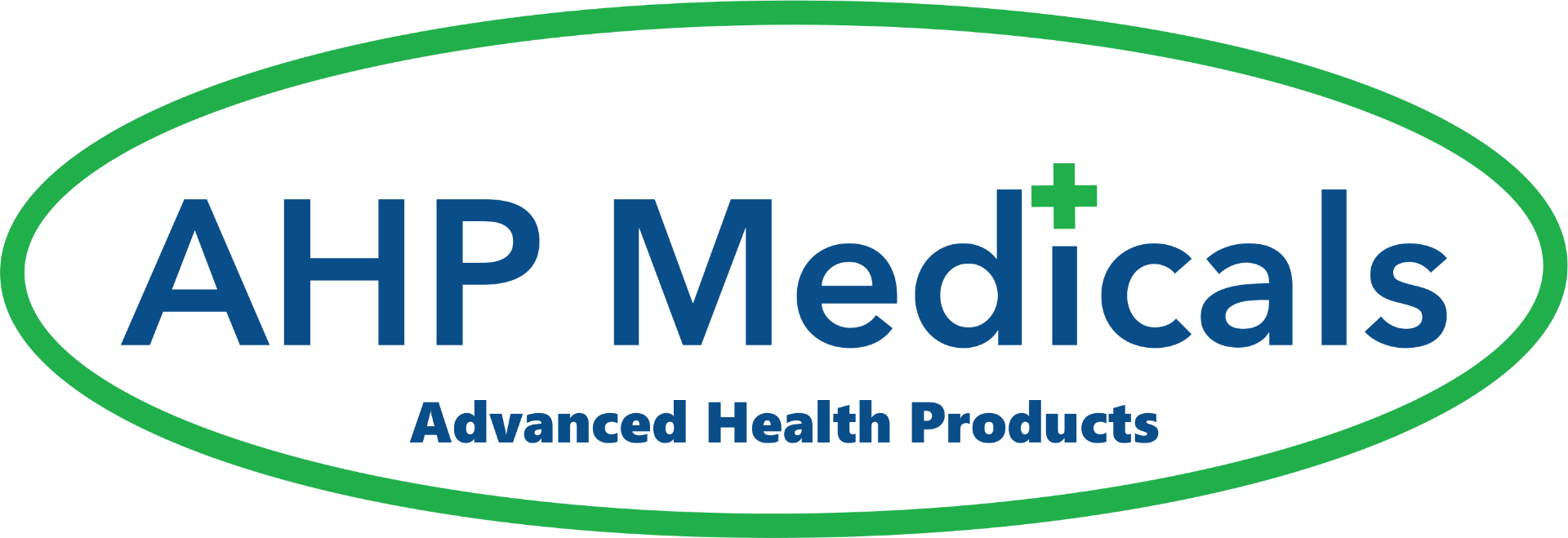

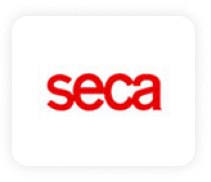

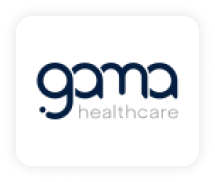


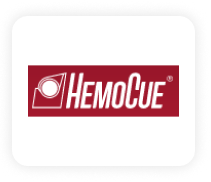





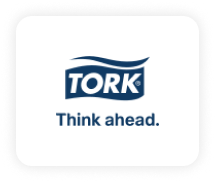





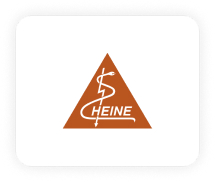


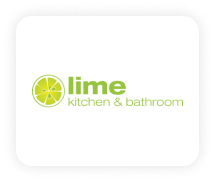


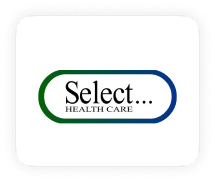








![SECA 472 Stand For Cable Remote Displays of SECA Scales & Measuring Rods [Pack of 1]](https://www.ahpmedicals.com/media/catalog/product/cache/5e1876c673de082c581639cdae9b2d13/s/e/seca_472_stand_for_cable_remote_displays_of_seca_scales_measuring_rods.png)

